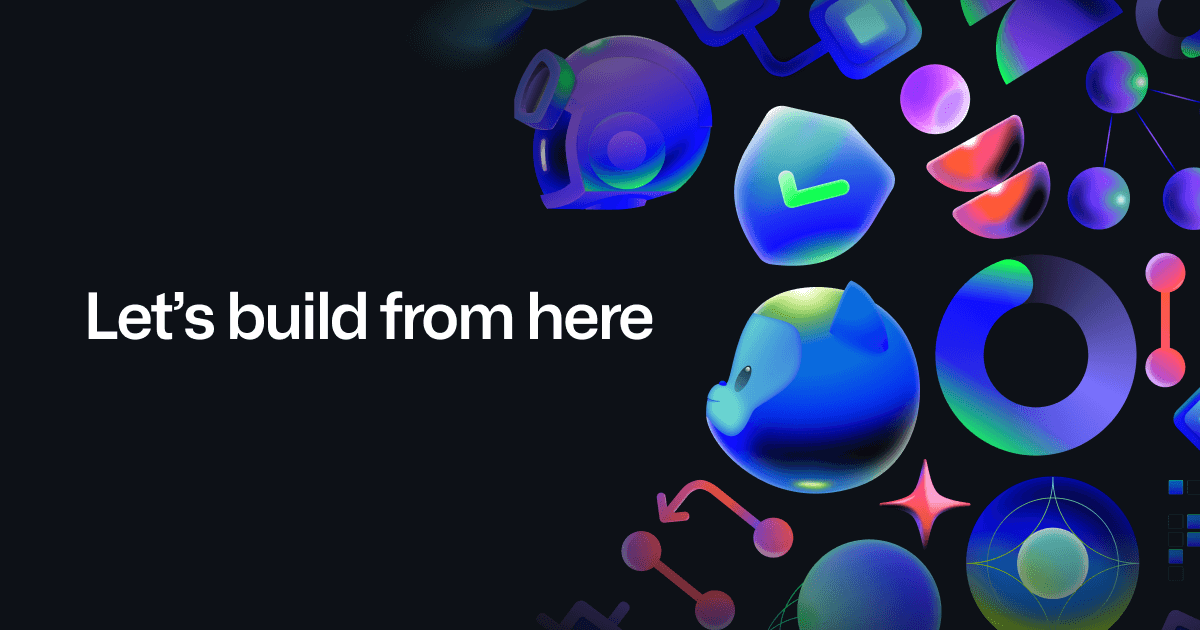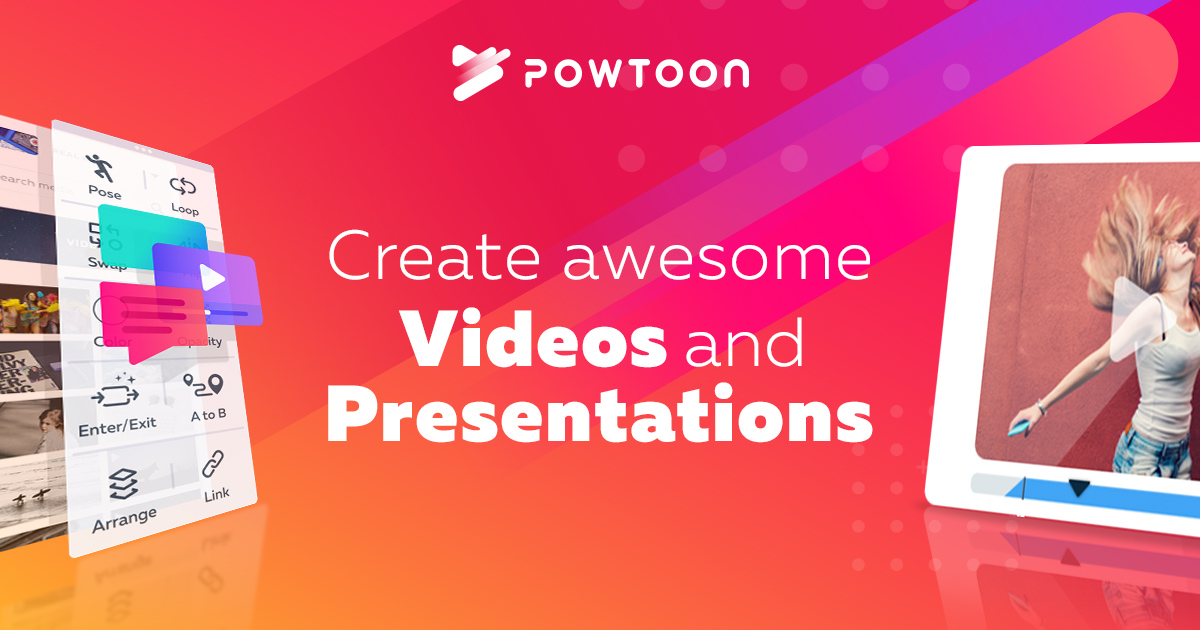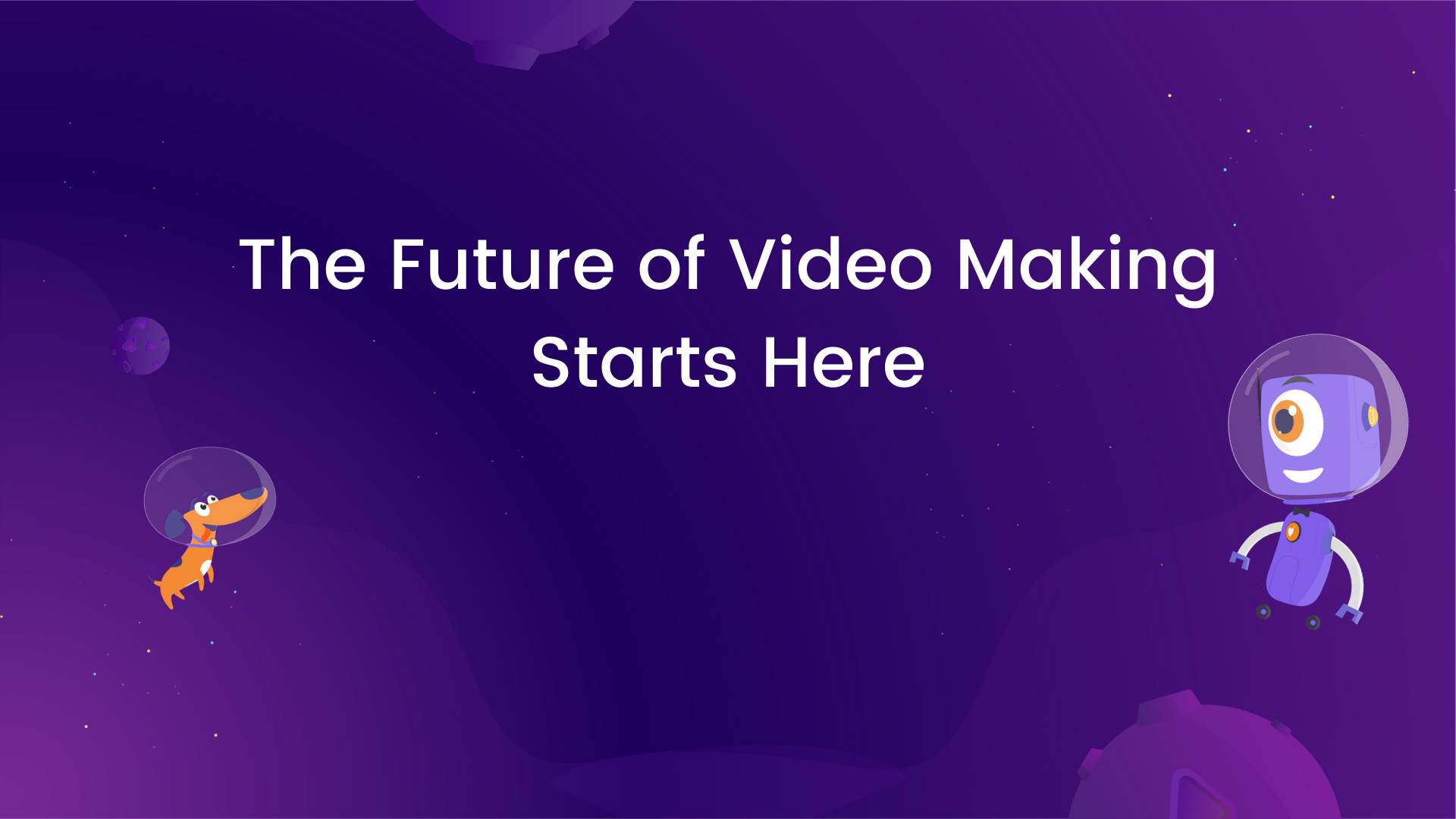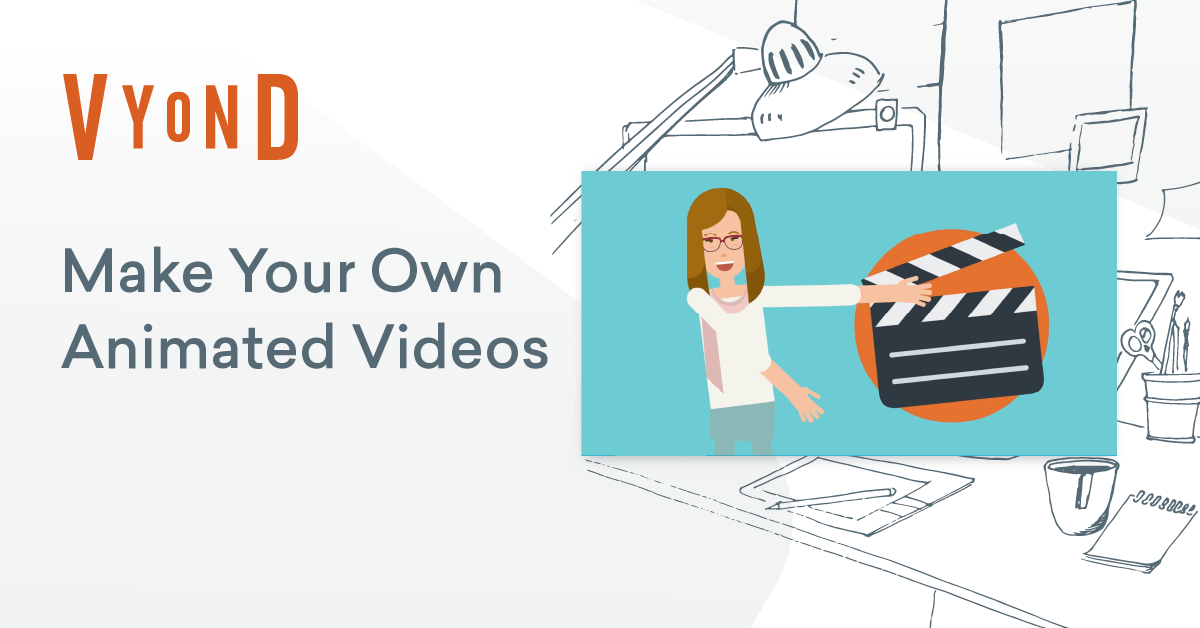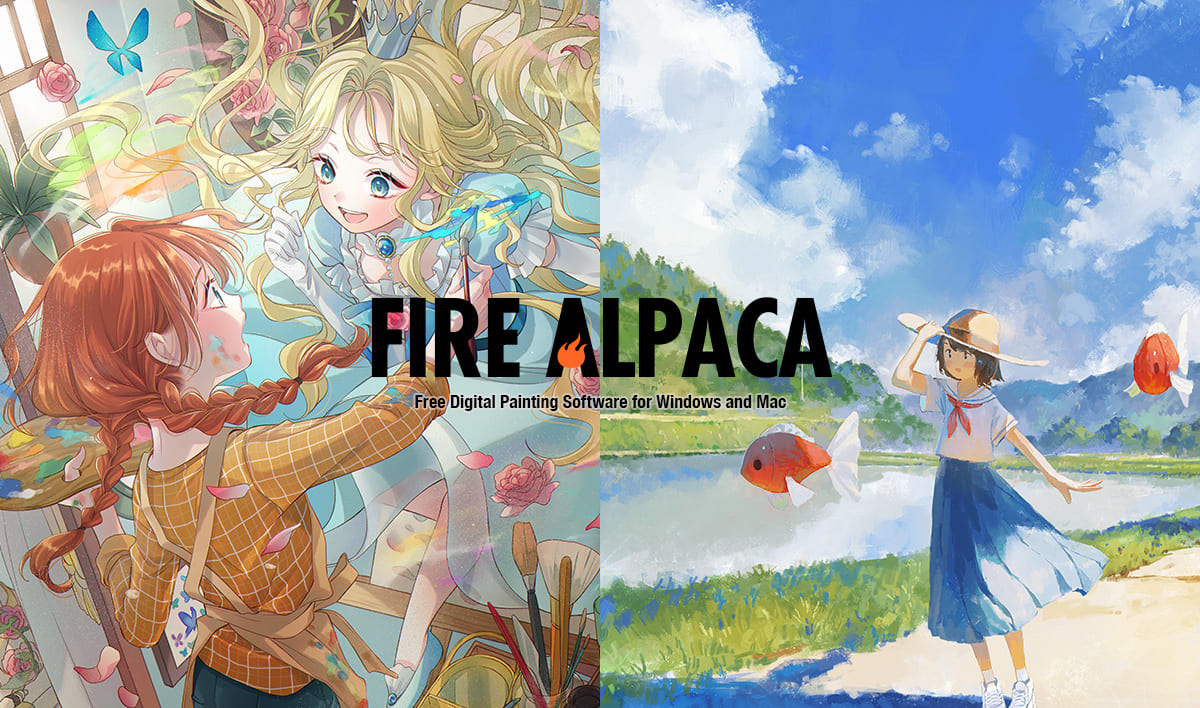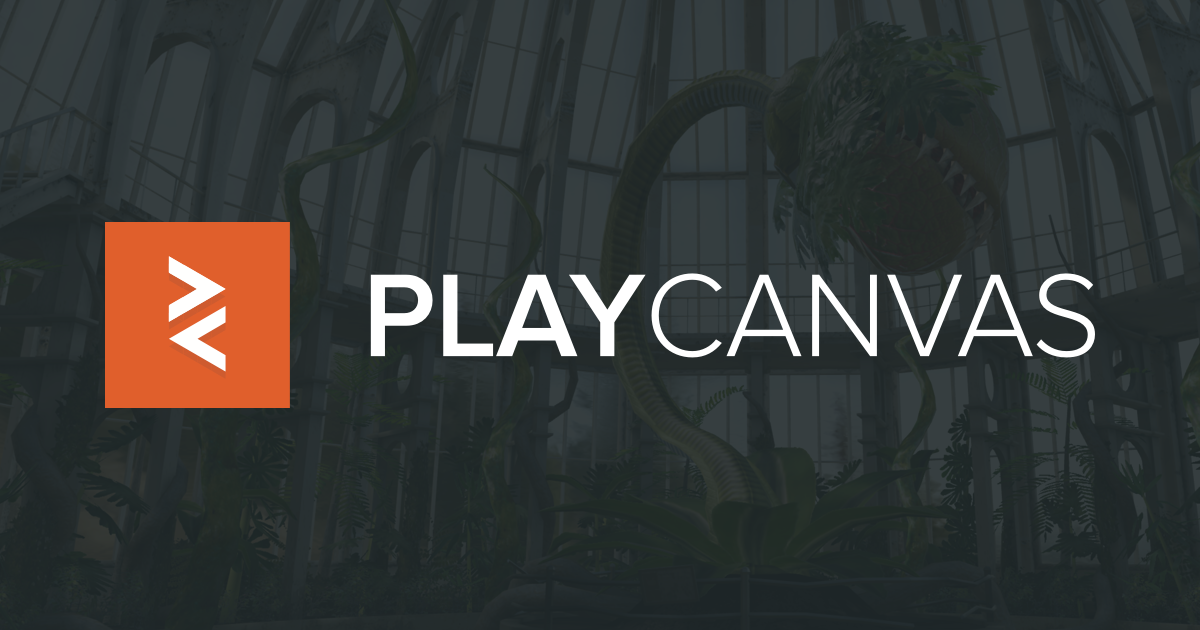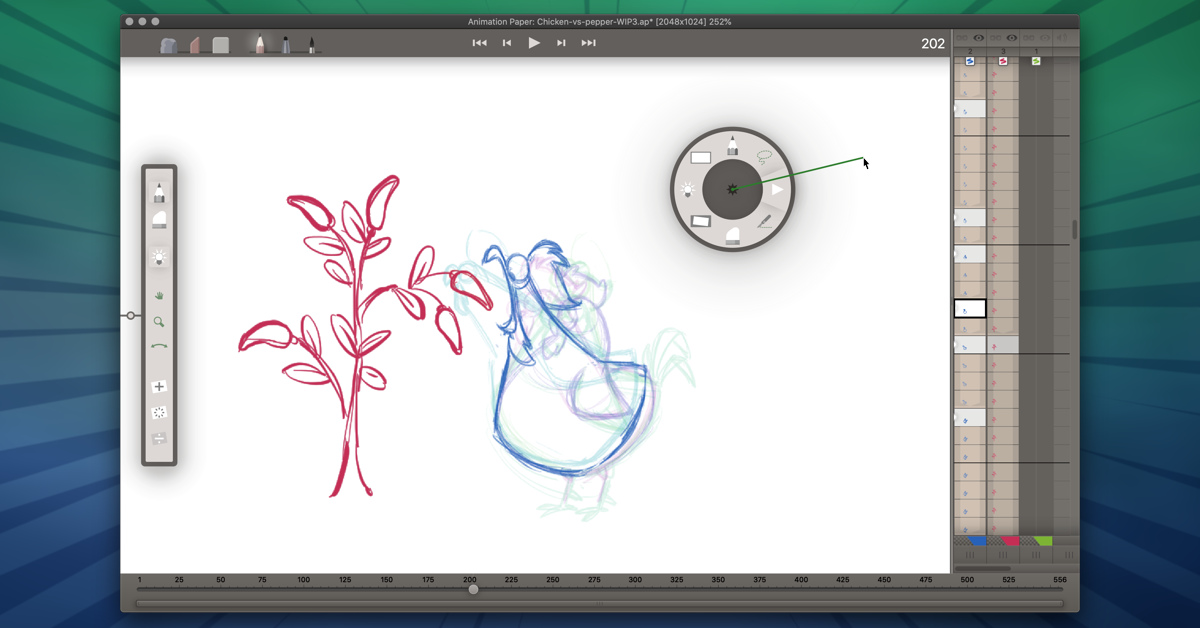Introduction
With advancements in technology, the field of animation has seen massive growth over the past decade. More creators than ever are getting into animation to tell stories, create explainer videos, develop games and more. However, professional animation software can be quite expensive. That’s where free animation tools come in – they offer powerful features on par with paid alternatives without the hefty price tag. In this blog, we aim to highlight some of the best free animation software that creators can use to bring their ideas to life.
Methods of Evaluation
To evaluate and rank each software, we considered the following factors: features and tools available, file format support, compatibility with other programs, online/offline functionality, community support like tutorials and active forums, number of downloads and reviews, backlinks pointing to the website, organic traffic and search volume for the targeted keyword phrase. This helped us gauge the popularity and adoption of each software among creators as well as pros and cons of each tool for different animation needs.
1. Plastic Animation Paper
Plastic Animation Paper is an open source animation software great for frame-by-frame, cutout and classical animation. With its paper-like interface, it aims to emulate traditional animation techniques for digital animation.
Pros: Some key advantages of Plastic Animation Paper include:
– Paper-like interface that is intuitive for animators
– Frame-by-frame editing capabilities for traditional animation
– Vector graphics for scalable artwork
– Timeline view for planning animation sequences
Cons: A potential disadvantage is that as an open source software, it may lack some functionality of proprietary paid animation software.
Pricing: Plastic Animation Paper is completely free and open source. There are no purchase or subscription fees to use the software.
Some key stats about Plastic Animation Paper:
– Over 10,000 active users monthly
– Available for Windows, Mac and Linux
– Continuously developed by a team of 5 developers since 2010
2. Blender
Blender is a free and open-source 3D animation software originally developed by the Netherlands-based Blender Foundation. It is used by many studios and artists worldwide for 3D modeling, animation, rendering, post-production, and others.
Pros: Some key advantages of Blender include:
– It is completely free and open-source which removes any licensing costs that proprietary 3D software may have.
– Supports major pipelines and file formats used in the animation and VFX industry.
– Constantly updated and improved by its large developer community.
– Can be used for both amateur and professional projects.
Cons: The main disadvantage is that Blender has a steeper learning curve compared to other proprietary 3D software as it has more features and flexibility. However, the extensive documentation and tutorials help users learn the software effectively.
Pricing: Blender is completely free to download and use with no licensing costs or fees involved. Users can get the latest version from blender.org for Windows, macOS or Linux and use it for both commercial and non-commercial projects without any restrictions.
Some key facts about Blender include:
– Blender has been in active development since 1995 and is continuously improved by its developer community.
– It is used by major studios such as Disney and Industrial Light & Magic for movies and TV shows.
– Blender supports all major platforms including Windows, macOS and Linux.
– It has an active community with extensive documentation and tutorials available to help users learn and master the software.
BlenderThe Freedom to Createblender.org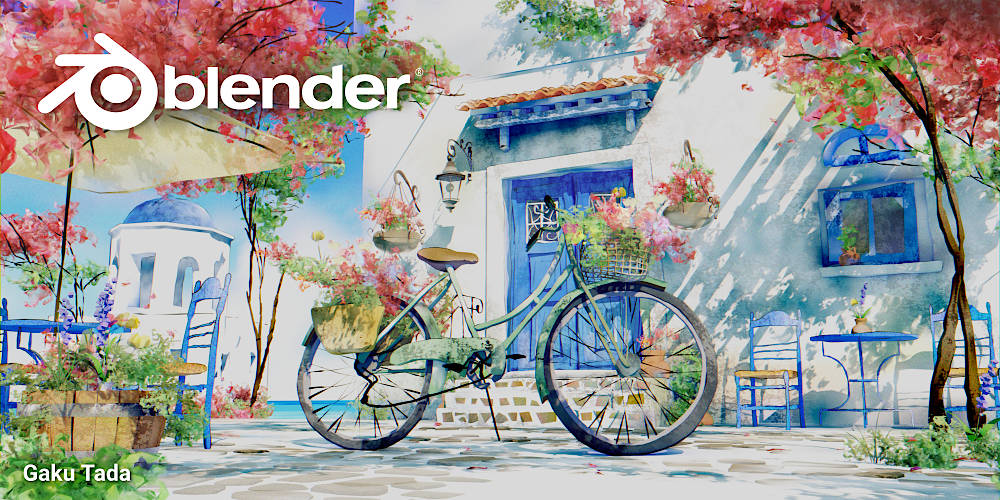
3. Powtoon
Powtoon is a free online animation software that allows you to create awesome animated videos and presentations without any design or technical skills. Founded in 2011, Powtoon has become one of the most popular tools for creating explainer videos, product demos, sales pitches, lessons, and more.
Pros: Some key advantages of using Powtoon include:
– It’s completely free to use with no watermarks or limitations on output
– Simple drag-and-drop interface makes it easy for anyone to create professional animations with no design experience needed
– Comes with a large library of animated elements, characters, backgrounds and templates to simplify the creative process
– Real-time collaboration allows multiple users to work on a project simultaneously
Cons: The main disadvantage is that the free version has some limitations on output size and resolution. Videos can only be up to 2 minutes long and standard defintion quality. To remove these limitations you need to upgrade to a paid plan.
Pricing: Powtoon offers both free and paid plans:
– Free Plan: Allows creation of up to 2 minute videos at standard definition quality
– Premium Plan: $9/month – Removes all limitations for high definition output and unlimited runtime
– Business Plan: $15/month – Includes 1GB of storage and additional admin controls for team collaboration
Some key stats about Powtoon include:
– Used by over 40 million users worldwide
– Supports the creation of both animated videos and slide-based presentations
– Offers over 800 animated video templates and 100,000+ images, icons, characters and elements to embellish your content
– Exports to common video formats like MP4, WebM and GIF allowing easy sharing across all devices and platforms
4. Clip Studio Paint
Clip Studio Paint is a popular 2D animation and illustration software developed by Celsys Inc. Originally released in 2013, it is used by both hobbyists and professionals worldwide to create comics, manga, animation, concept art, and more. A free limited version and paid pro versions are available on Windows and macOS computers as well as iOS and Android tablets.
Pros: Key advantages of Clip Studio Paint include:
– Powerful painting, drawing, and animation tools
– Community library of over 2 million sharing assets, scripts, and tutorials
– Auto-save and cloud backup to safely store work
– Template library and pipeline tools for comic and manga creation
– Customizable interface and toolsets for any art style or workflow
Cons: A potential disadvantage is that some advanced features are only available with a paid Pro or EX subscription such as 3D modeling, advanced text tools, and integration with 3rd party apps and games. The free version also has usage and storage limits.
Pricing: Clip Studio Paint is free to use with some limitations. Paid Pro and EX subscriptions unlock all features starting from $49.99/year. Educational and team discounts are also available.
Some key stats about Clip Studio Paint include:
– Over 3 million users globally
– Community of over 2 million assets shared freely
– Regularly updated with new tools and features
– Supports webcomics and self-publishing platforms
5. Synfig
Synfig is a free and open-source 2D animation software designed as a powerful industrial-strength solution for creating film-quality animation using vector and bitmap artwork. It allows artists to create professional quality animations and motion graphics.
Pros: Some key advantages of Synfig include:
– Free and open-source software with no licensing fees.
– Powerful tool suitable for creating animation for both amateur and professional projects.
– Support for plugin extensions to add further capabilities.
– Flexible animation workflow allowing both vector and bitmap artwork.
Cons: One potential disadvantage is that it does not have as large a community or third-party support compared to paid proprietary software like Adobe Animate.
Pricing: Synfig is completely free and open-source software. There are no licensing fees or costs to use the software for both personal and commercial animation projects.
Some key stats about Synfig include:
– Used by both freelance animators and small animation studios professionally.
– Supports vector and bitmap layers for flexible animation workflows.
– Available for Windows, Linux, and macOS.
– Open-source software offered free of cost for both personal and commercial use.
6. Moho
Moho is a popular 2D animation and motion graphics software developed by Anthropic. It provides drawing, animation and sequencing tools to help users create animated videos, cartoons, motion graphics and more. With Moho, users can create frame-by-frame animations as well as rigged puppet animations.
Pros: Some key advantages of Moho include:
– Beginner friendly interface that is easy to learn
– Puppet tools that allow you to create complex rigged characters
– Advanced animation features like IK bones and motion paths
– Good support community and tutorial resources online
– Regular software updates and new feature additions
Cons: One potential disadvantage is that the software can be quite expensive, especially for casual or hobbyist users. The basic version costs $149, while the pro version is $299. There is no free version available.
Pricing: Moho’s pricing plans include:
– Moho 12 Draw and Play: $149
– Moho 12 Pro: $299
– Both are one-time purchases that include free upgrades for 1 year
Some key stats about Moho include:
– Used by millions of artists, designers and animators worldwide
– Available on Windows and Mac operating systems
– Offers tools for drawing, layers, timeline, puppets and animation
– Integrates with Adobe After Effects and Photoshop
7. GoAnimate
GoAnimate is a free web-based animation software that allows users to create 2D animated videos without any prior animation experience. Founded in 2007, GoAnimate utilizes pre-made characters and objects that users can drag and drop onto the stage to build their animations. It is one of the pioneers in free and easy to use animation software.
Pros: Some key advantages of GoAnimate include:
-It is completely free to use with no watermarks or limits on exported videos.
-Offers a simple drag-and-drop interface making it easy for beginners to get started.
-Has a large library of pre-made characters and objects reducing asset creation time.
-Allows embedding and sharing animations on websites and platforms like YouTube and Facebook.
Cons: A key disadvantage of GoAnimate is the lack of customization options. Since it focuses on ease of use, advanced animation and customization tools are not available. Creators have limited control over character design, movements and scene elements.
Pricing: GoAnimate offers a free Basic plan forever with all core animation features. It also has Pro and Business plans starting at $15-$45 per month respectively that provide additional customization options and team collaboration tools.
Some key stats about GoAnimate include:
– Over 70 million users worldwide
– Available in 14 different languages
– Provides over 5,000 free character and object assets
– Hosts over 500 million animated videos on its platform
8. FireAlpaca
FireAlpaca is a free digital painting and animation software developed by Wacom. It is available for both Windows and Mac operating systems. Some key features include vector and raster graphics editing, animation tools, layers, adjustable brushes and a flexible user interface.
Pros: Some key advantages of FireAlpaca include:
– It’s completely free to use with no watermarks or feature limitations.
– Includes animation tools like onion skinning for frame-by-frame animation.
– Actively developed with a responsive developer community.
– Used by artists, students, and beginners alike due to its simplicity.
Cons: One potential disadvantage is that as a free and open source software, it may lack some advanced features found in paid alternatives. The user interface also takes some getting used to for those used to Adobe software.
Pricing: FireAlpaca is completely free to download and use with no limitations or watermarks. There are no subscription or one-time purchase fees.
Some key stats about FireAlpaca include:
– Over 5 million downloads to date
– Active developer community with regular updates
– Used by both hobbyists and professionals for digital art
– Supports a variety of file formats including PNG, JPEG, GIF and more
9. PlayCanvas
PlayCanvas is a free open source game engine and platform that allows users to build interactive 3D experiences, games and animations directly in a web browser using HTML, JavaScript and WebGL. PlayCanvas supports both desktop and mobile browsers and allows creators to publish their content for others to play instantly without downloads or installs.
Pros: Some of the main advantages of PlayCanvas include:
– Free and open source – No subscription fees or royalties required
– Browser based workflow – Edit, test and play directly in a web browser
– Visual scripting – Node based visual scripting for game logic and behaviors
– Web standards focused – Built on WebGL, WebAssembly, HTML and JavaScript
– Multiplatform publishing – Publish to web, iOS and Android from the same project
Cons: Potential disadvantages could include:
– No native desktop applications – Projects must be run via a web browser
– More limited than paid engines – Fewer features compared to Unity or Unreal for very complex games
– Steeper learning curve – Using the visual scripting may take more time to learn compared to blocks
Pricing: PlayCanvas has a freemium pricing model:
– Free forever tier for unlimited personal and commercial use
– Plus ($49/month) and Pro ($299/month) tiers for additional features, support, and asset hosting
– Educational and non-profit discounts available
– No royalties charged on published or monetized games
Some key stats about PlayCanvas include:
– Used by over 100,000 developers, studios and enterprises worldwide
– Supports all major desktop and mobile browsers
– Community of over 50,000 on the PlayCanvas forums
– Export to HTML5, WebGL, iOS and Android
– Integrations with Unity, Blender and Maya for asset import
10. Lumion LiveSync
Lumion LiveSync is a free real-time 3D visualization and rendering software developed by Lumion for architects, designers, and engineers. It allows users to add cameras, lighting, and special effects to 3D architectural models and then render and export the results as images or videos.
Pros: The main advantages of Lumion LiveSync include:
– It’s free to use with no limits on project size or render outputs.
– Real-time visualization and rendering speeds up design review workflows.
– LiveSync integration with Revit provides a seamless design to visualization pipeline.
– Powerful yet intuitive toolset for lighting, materials, cameras, animation and more.
– Exports high resolution images and videos suitable for presentations and marketing.
Cons: Some potential disadvantages of Lumion LiveSync include:
– As a free tool, it has fewer advanced rendering features than Lumion Pro.
– LiveSync connection requires Revit to be open which may impact performance on some systems.
– Limited support and no phone assistance without a paid Lumion plan.
Pricing: Lumion LiveSync is Lumion’s free real-time rendering software. For paid plans with additional features, support and asset libraries, pricing starts at $299 per year for Lumion Studio and scales up to enterprise plans for large firms.
Some key stats about Lumion LiveSync include:
– Used by over 1 million architects, designers, and engineers globally.
– LiveSync allows real-time synchronization between Lumion and Autodesk Revit for collaborative workflows.
– Render quality rivals paid visualization tools with photorealistic rendering capabilities.
– Large community support through online forums and tutorials.
11. Pencil2D
Pencil2D is free and open-source 2D animation software developed by Digital Drawing Tools. It aims to provide an easy and intuitive tool for creating hand-drawn 2D animations just like working with paper, layers and flipbooks. Pencil2D can be used for traditional and digital animation.
Pros: Some key advantages of Pencil2D include: It’s free and open-source so there is no cost to use. It allows animators to draw, storyboard and animate on layers and cells like a traditional flip book. Extensive plugin support provides additional functionality for cel shading, rigging, tweening and other effects. The interface is designed to feel natural for traditional animators transitioning to digital.
Cons: As an open-source tool developed by volunteers, updates and new features may not be as frequent as commercial software. It lacks some advanced features found in paid software like character rigging tools and animation export options.
Pricing: Pencil2D is completely free to download and use with no limitations. There are no subscription or license fees.
With over 1 million downloads since 2011, Pencil2D is used by students, indie developers and small studios for creating animations. It has a large community of contributors developing plugins and tutorials to extend its capabilities.
Pencil2D AnimationAn easy, intuitive tool to make 2D hand-drawn animations.pencil2d.org![]()
12. Animation Paper
Animation Paper is a free 2D animation software created by Anthropic for hand-drawn and stop motion animation. It allows users to create paper cutout, puppet, and stop motion animations without spending a dime.
Pros: Some key advantages of using Animation Paper include:
– It’s completely free to use with no watermarks or export limitations
– Includes basic animation tools like onion skinning, keyframes, and a timeline for stop motion animation
– Exports projects as videos or image sequences for sharing animations online
Cons: The main disadvantage is that it only includes basic animation tools. More advanced features like character rigging, layering, and special effects are not available in the free version.
Pricing: Animation Paper is completely free to use with no strings attached. There are no hidden fees or costs. All core animation features are accessible without spending a dime.
Some key stats about Animation Paper include:
– Used by over 500,000 animators globally
– Available for Windows, Mac, and Linux
– Integrates puppet and camera controls for efficient stop motion workflows
13. Doodly
Doodly is a free online 2D animation software that allows users to create whiteboard-style animations directly in their web browser. Founded in 2013 and based in London, United Kingdom, Doodly aims to provide a simple yet powerful animation tool for educators, businesses, and individuals. With over 4 million users worldwide, Doodly has become one of the most popular free animation software options available.
Pros: Key advantages of using Doodly include:
– Free for anyone to use online – no software downloads or subscriptions required
– Powerful brush engine and layers for creating detailed illustrations and animation frames
– Standard animation timeline makes frame-by-frame animation intuitive
– Full integration with sharing platforms like YouTube and TikTok for quick publishing
– Exportable projects as GIFs or MP4 videos at customizable resolutions and sizes
Cons: One potential disadvantage is that as an entirely cloud-based tool, animations can only be created and edited online through the web interface. This means an internet connection is required at all times while using Doodly.
Pricing: Doodly offers a free Basic plan that provides access to all core animation features. For advanced collaboration and publishing tools, a Pro subscription is available starting at $8/month billed annually.
Some key stats and facts about Doodly include:
– Over 4 million registered users worldwide
– Available to use entirely online and directly in the browser
– Integrates directly with services like YouTube, TikTok, and other platforms for easy sharing
Doodly | Voomly CloudThe Simplest Whiteboard Animation Softwaredoodly.com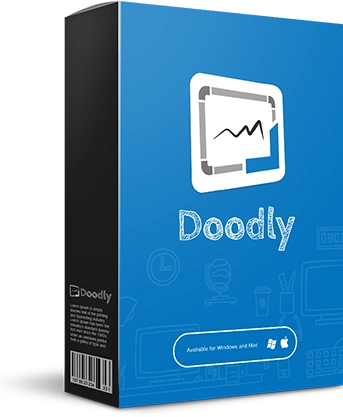
14. DopeMotion
DopeMotion is a free 2D animation software for creating motion graphics, explainer videos, and animated GIFs. Founded in 2012 and based in Mumbai, India, DopeMotion allows users to create professional animations without the steep learning curve or costs of other programs.
Pros: Some key advantages of DopeMotion include:
– Full-featured free plan for beginners
– Intuitive drag-and-drop timeline for animating elements
– Built-in media library saves time finding assets
– Variety of templates to jumpstart new projects
– Constantly updated with new features and assets
Cons: One potential disadvantage is that the free Basic plan has some limitations like only allowing creation of 2 explainer videos. For more advanced or commercial use, an upgraded paid plan would be needed.
Pricing: DopeMotion offers a free Basic plan as well as paid Pro and Business plans starting at $15/month. The free Basic plan allows creation of 2 explainer videos and unlimited graphics. Upgraded plans remove video and project limits as well as adding advanced features.
Some key stats about DopeMotion include:
– Used by over 500,000 designers and animators globally
– 1,000,000+ monthly active users
– Extensive free library of 10,000+ templates, objects, sounds and images
– Supported on all browsers and devices
– Free Basic plan allows creation of up to 2 explainer videos and unlimited graphics
15. Tupi
Tupi is a free online 2D animation software created by Tupi, an Brazilian accounting software company. Tupi allows users to create basic 2D animations directly in their web browser with no downloads or installations required. Some key capabilities include standard timeline and layer based frame-by-frame animation tools, resizeable onion skinning for reference frames, and the ability to import/export images, audio and finished videos.
Pros: The key advantages of Tupi include:
– It’s completely free to use with no watermarks or Export limitations.
– Online-based so it can be accessed from any device with a modern web browser.
– Basic but useful set of animation tools like layers, timeline, and onion skinning.
– Ability to import images, audio, and export finished videos in common formats.
Cons: The main disadvantage of Tupi is that the interface is only available in Portuguese, limiting its usability for most international users. Additionally, as a free online tool, it lacks some of the more advanced features found in paid animation software like keyframe interpolation, motion paths, customization options, and support for professional export formats.
Pricing: Tupi is completely free to use with no ads, subscriptions or export watermarks. Being free makes it accessible for anyone looking for a simple way to try out 2D animation online without any financial commitment.
Tupi is primarily aimed at Brazilian users as the interface is currently only available in Portuguese. However, it provides a free and simple way for anyone to get started with basic 2D animation online. Some key stats about Tupi include:
Conclusion
There are many capable free animation tools for creators to choose from. The right one depends on your specific needs – whether it’s 2D or 3D, vector or bitmap, traditional or digital workflows. We hope this detailed review of the 15 best free animation software gives you a clear picture of each tool so you can pick the one that best fits your creativity. All of these will help you bring your animations to life without spending a dime. Start exploring and have fun creating!




